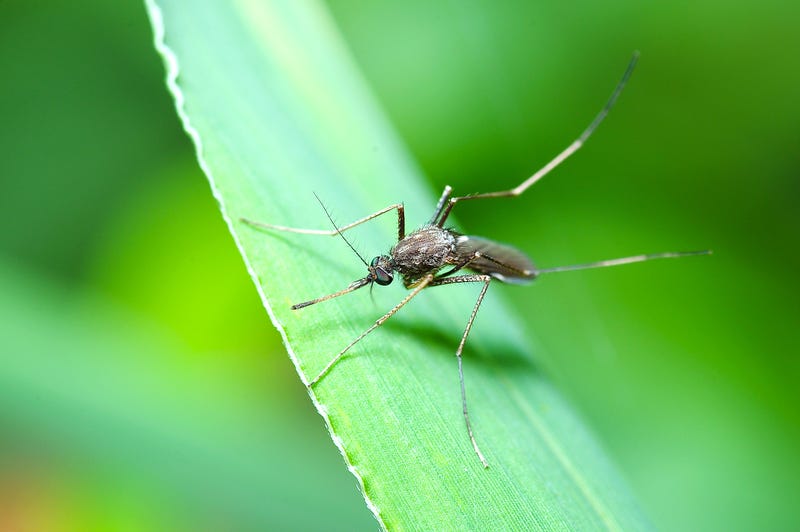
(WWJ) – Aside from a handful of snow storms and a couple spells of brutal cold, Michigan had a warmer-than-usual winter.
Does that mean we’re in for a bug-filled summer?
A local entomologist says intuitively, you may think insects that spend their winters in Michigan would probably do better with warmer weather, but it’s not necessarily that easy to predict what our insect populations will look like.
“Sometimes that’s true and sometimes it isn’t because if they came out too early and their host plant wasn’t coming out yet, then they could starve. Or maybe they come out early and their host plant is available, or the crop,” said Chris DiFonzo, the Field Crops Entomologist at Michigan State University.
DiFonzo told WWJ’s Ryan Wrecker early pest emergence may coincide with earlier planting, which can lead to larger pest populations, though it varies from bug to bug.
In the short term, based on this past winter, DiFonzo says we will likely see a few unusually large insect populations.
But in the long run, with winters regularly becoming warmer, the friendly Michigan environment may be more tempting for bugs to migrate from the south.
“In the next 10, 20, 30 years, Michigan could look more like Kentucky from a pest management standpoint and from a bug standpoint,” DiFonzao said. “But things like different mosquito species, different kinds of ticks moving in, those are things I don’t work on, but surely can happen and I’m surely seeing a few different insects that I never saw before coming in.”
DiFonzo says one thing to watch is the springtime weather patterns from the south. The storms could push bugs further north, and with our warmer weather, they could be here to stay.
“Some of these storm patterns that you see setting up, you might think if we have more of those or they come earlier, that could bring black cutworm or armyworm that attacks wheat or potato leafhopper,” DiFonzo said.
While warmer weather earlier in the year could mean more insects, she says a late cold snap could still kill spring vegetation and set the population back.
DiFonzo details early insect emergence and the potential effects of a mild winter in an article on the MSU Extension Field Crops website.


